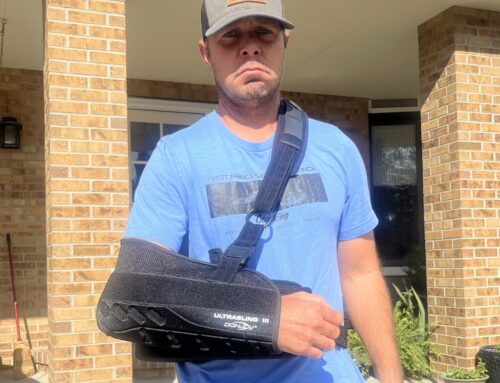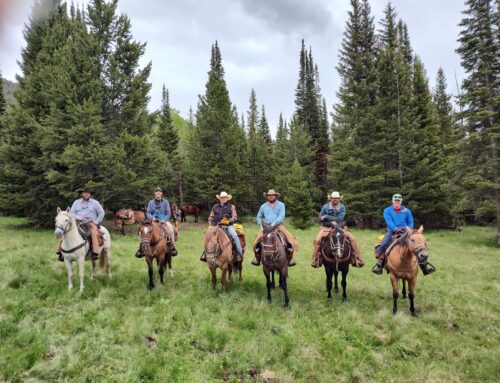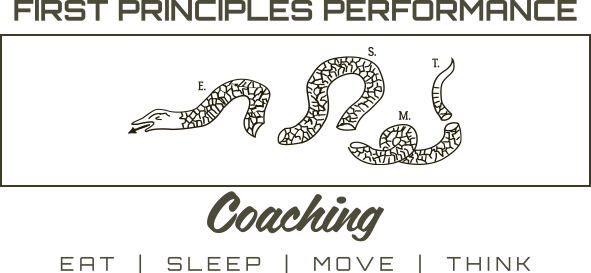
TN50#143_Guess What Slows Your Aging Speedometers_11 December 2023
Hi Team,
Have you seen all the hype about biological clocks lately? Your driver’s license says your 52 but your recent blood panel says your only 49! And you only had to pay an extra $199.00 for that biological age up-sell. It’s interesting in theory but if you take the same test a week apart and you get a 5-year swing in your biological clock age, how accurate can it really be?
My 2 cents, not very accurate.
I recently heard someone compare the biomarkers of aging to a car’s odometer and of course a car’s odometer doesn’t really give us an indicator of when a car’s going to take its last metaphorical gasp of petrol and air and make fire. More importantly the 2 fellas having the conversation (who are both very focused on longevity) agree we don’t even have any useful biomarkers (odometers) of aging actually identified yet.
The speedometers of aging were also discussed and they’re much more interesting in my opinion. If you agree, please read on.
Happy Monday and welcome to The Next 50 #143. I like to think of personal performance in 3 components: physical, mental and emotional. My frameworks focus on 4 Buckets: Eat, Sleep, Move and Think. This blog is my sandbox for sharing information that you might find useful for your personal performance.
So what the heck does the “speedometers of aging” even mean? The speedometers of aging are just that, biomarkers that can be measured that indicate how fast we are aging…
Still a little hazy on what I’m saying? Here are some very unscientific examples:
If you have biomarkers that indicate your aging slower; as in you have a few aging speedometers that show you are cruising at a nice easy pace. You’d get what we all want, to die young at an older age. You’re the 79-year-old rough housing with your grandkids in the pool.
On the other hand, if your aging speedometers (biomarkers) show you are racing along at a break neck pace you’ll get what we don’t want but a lot of people unfortunately get, which is to die old at a younger age. You’re the 70-year-old who has a hard time taking care of yourself and possibly already can’t take care of yourself.
Ok, clear as mud, let’s move on. There’s this really cool longevity research project that has been going on for 20 years called the Interventions Testing Program (ITP). The ITP tests different compounds and an occasional behavior (ex. Calorie Restriction) on mice to see if the intervention allows the mice to live longer. The theory is if it they find things that work on extending the life of mice the same intervention may extend the life of other mammals, like humans. For example, if taking metformin extended the lives of the mice, people might extend their lives by simply taking metformin, or aspirin or eating pop tarts…
You get the picture. And of course, we aren’t mice so things that work for mice may not work for humans but it gives longevity scientists a great boost to know what happens in mice before testing with humans (and let’s face it, even unhealthy humans live a long time so human longevity studies are really hard to do).
Ok, let’s get to the punch line: Throughout the years the ITP has identified interventions that significantly extend the lives of the mice and by cross examining biomarkers of the 10 successful interventions a few “speedometers of aging” have been identified. These same biomarkers can be measured in humans and guess what we can all do anytime we want that mimic some of the slow speedometer’s success of the ITP…
MOVE (mic drop). Ok, the mic drop was a joke; who doesn’t know that exercise basically allows us to age more slowly. But knowing and doing are two very different things.
So, what’s it going to be? If you are already heavily invested in a multidomain movement routine good on you and great job. If not: Are you going to take your chances and wait for a magic pill that extends your life span and more importantly your health span; I mean who wants to live longer with their last few years on earth being miserable? Or could you maybe, just possibly find time to up your exercise game. I think we all know the right answer.
As always share the post with your team and anyone who might find it useful and let me know what you think!
Have a good one, Alex
PS. I highly recommend listening to the podcast I referenced in this blog. It’s The Drive, ep. 281: Longevity Drugs and Aging Biomarkers. With host, Dr. Peter Attia with guest: Dr. Rich Miller.
PPS. If your new to First Principles Performance Coaching, here’s a one stop shop for all my stuff. You can also shoot me an email at: alex@fpp.llc, if you’d like reach out and say hello and/or discuss my coaching programs.




